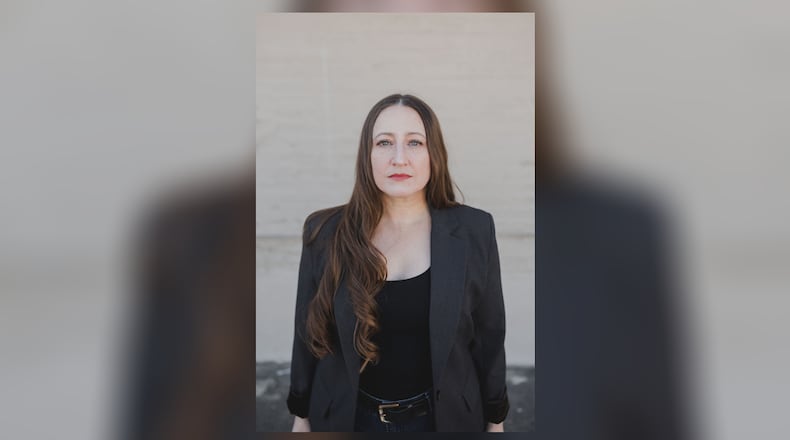I do not think that it is a coincidence that Mother’s Day falls within mental health awareness month. The Maternal Mental Health Leadership Alliance reports that one in five women suffer from mental health disorders during pregnancy or in the first year postpartum and that less than 25% of diagnosed mothers receive treatment. Suicide and overdose are the leading causes of death in the first year postpartum.
Yet motherhood and mental health is still a taboo topic. In verifying statistics for this piece, I found very little about the mental health of mothers after the first year. The Journal of Women’s Health admits that a “lack of information about the prevalence of maternal depression has hindered an appropriately scaled public health response to this disorder.”
Motherhood can be isolating when society puts significant pressure on mothers to be perfect without providing the support that mothers need. Terms like “perfect mother syndrome” and “mom burnout” point the finger at the mother to fix herself with suggestions like: “find a Mom buddy” or “plan breaks.” Meanwhile, in 2019, UNICEF ranked the United States dead last against 41 other countries on its national family-friendly policies.
Add to these pressures the very real threat of violence towards mothers. The National Coalition Against Domestic Violence reports that one in four women have been victims of severe physical violence by an intimate partner in their lifetime. A 2019 study revealed that homicide is a leading cause of death during pregnancy in the United States. Many mothers have to make a choice between poverty and violence since, as the Annie E. Casey Foundation reports, single mothers are five times more likely to live in poverty.
All of this can make motherhood look more like a life sentence than a joyous endeavor. Our society celebrates the idea of motherhood without providing the services, support, studies, and care that mothers actually need. So, mothers often suffer in silence.
I feel like I should add the obligatory paragraph about how rewarding motherhood has been for me personally. Yes, motherhood has its rewards, and it shouldn’t require women to endure significant suffering. I gave everything that I was capable of giving to my children and I ended up suicidal, and then, scorned for leaving them in order to get help.
We, your mothers, deserve better.
Bridget Flaherty is a motivational speaker, the founder of LORE Storytelling, the co-host of Tears, Tides, and Transformation, and the author of Be the Journey: 365 Daily Reflections. For more, check out bridget-flaherty.com.
About the Author
